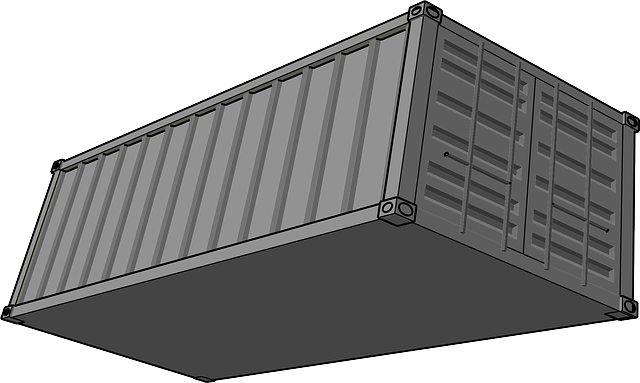Freight transportation faces significant challenges like theft, damage, and switch fraud, emphasizing the need for freight protection policies. Fleet owners must adopt advanced tracking technologies, encryption systems, and secure documentation practices to enhance transparency, reliability, and customer relationships. Comprehensive freight protection policies safeguard goods, build client trust, and solidify business partnerships by reducing risks of loss, damage, or delays during transit, ultimately fostering long-term success in the competitive freight industry.
“Empowering fleet owners is key to securing goods and fostering business trust in today’s complex logistics landscape. This article guides you through essential strategies, beginning with identifying vulnerabilities unique to freight transportation. We delve into the significance of comprehensive freight protection policies, offering insights on risk management techniques that can mitigate potential losses. Additionally, we explore the transformative power of transparent communication and technology in building trust within supply chains.”
Understanding the Vulnerabilities of Freight Transportation

Freight transportation, despite its vital role in global trade, comes with unique challenges and vulnerabilities. With goods worth millions of dollars on the move at any given time, fleet owners are responsible for ensuring the safety and security of their cargo. This involves navigating through potential risks such as theft, damage during transit, and even fraudulent activities like switch fraud, where counterfeit bills are used to pay for shipments.
Implementing robust freight protection policies is a strategic step towards safeguarding assets and building trust with clients. By employing advanced tracking technologies, encryption systems, and secure documentation practices, fleet owners can better monitor their operations and mitigate risks. These measures not only protect the physical goods but also foster transparency and reliability in the business, strengthening relationships with customers who value secure and efficient transportation services.
The Role of Comprehensive Freight Protection Policies

Comprehensive freight protection policies play a pivotal role in empowering fleet owners to safeguard their valuable goods and build trust with clients. These policies go beyond basic insurance, offering a robust framework to mitigate risks associated with cargo loss, damage, or theft during transit. By implementing such measures, fleet owners demonstrate their commitment to ensuring the security and integrity of their customers’ products.
Freight protection policies provide peace of mind by covering various scenarios, including weather-related delays, transportation mishaps, and even hijacking attempts. They offer tailored solutions that align with different shipping needs, enabling businesses to select coverage options that best suit their operations. This proactive approach not only protects goods but also enhances the reputation of fleet owners as reliable partners in the supply chain, fostering trust and long-term relationships with clients.
Implementing Effective Risk Management Strategies

Implementing effective risk management strategies is paramount for fleet owners aiming to safeguard their goods and fortify business trust. By adopting robust freight protection policies, operators can mitigate potential losses stemming from damage, theft, or delays during transportation. These policies serve as a shield, ensuring that valuable cargo arrives at its destination intact and on time.
A comprehensive risk management approach involves regular assessment of existing procedures, investment in advanced tracking technologies, and implementation of secure loading practices. Staying proactive in these areas empowers fleet owners to anticipate and address challenges proactively, enhancing their reputation for reliability and fostering trust among clients and partners alike.
Building Trust Through Transparent Communication and Technology

Building trust is paramount in the freight industry, and fleet owners play a pivotal role in fostering this confidence with both clients and partners. Transparent communication forms the backbone of any successful partnership. By implementing clear and consistent policies, fleet owners can assure their customers that goods are being handled with care and expertise. This includes providing detailed updates on shipment progress, offering easy access to tracking information, and promptly addressing any concerns or queries.
Technology enhances this trust by providing tangible tools for freight protection. Advanced GPS tracking, real-time monitoring systems, and secure digital documentation ensure the safety and authenticity of goods during transit. These innovations allow fleet owners to demonstrate their commitment to integrity, reliability, and accountability, thereby strengthening business relationships and opening doors to new opportunities.
By understanding the vulnerabilities within freight transportation, fleet owners can proactively implement robust freight protection policies and risk management strategies. Transparent communication and embracing technology are key to building trust with stakeholders. By empowering businesses with these tools, fleet operators can safeguard goods, enhance security, and foster a culture of reliability, ultimately strengthening their reputation in an industry that relies heavily on trust.
